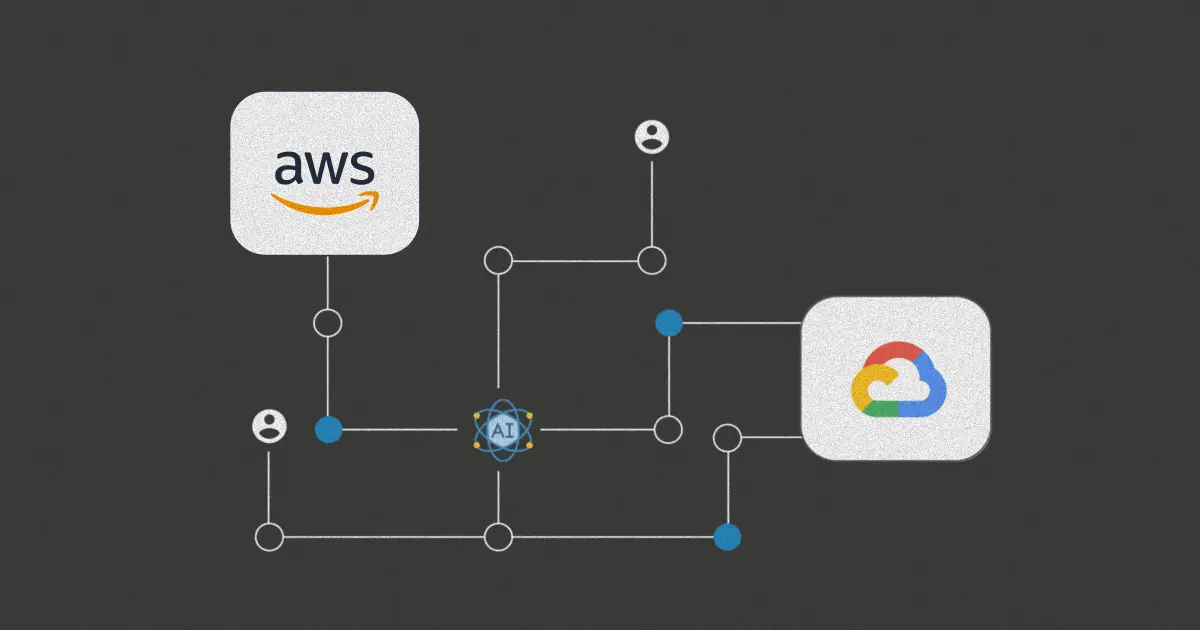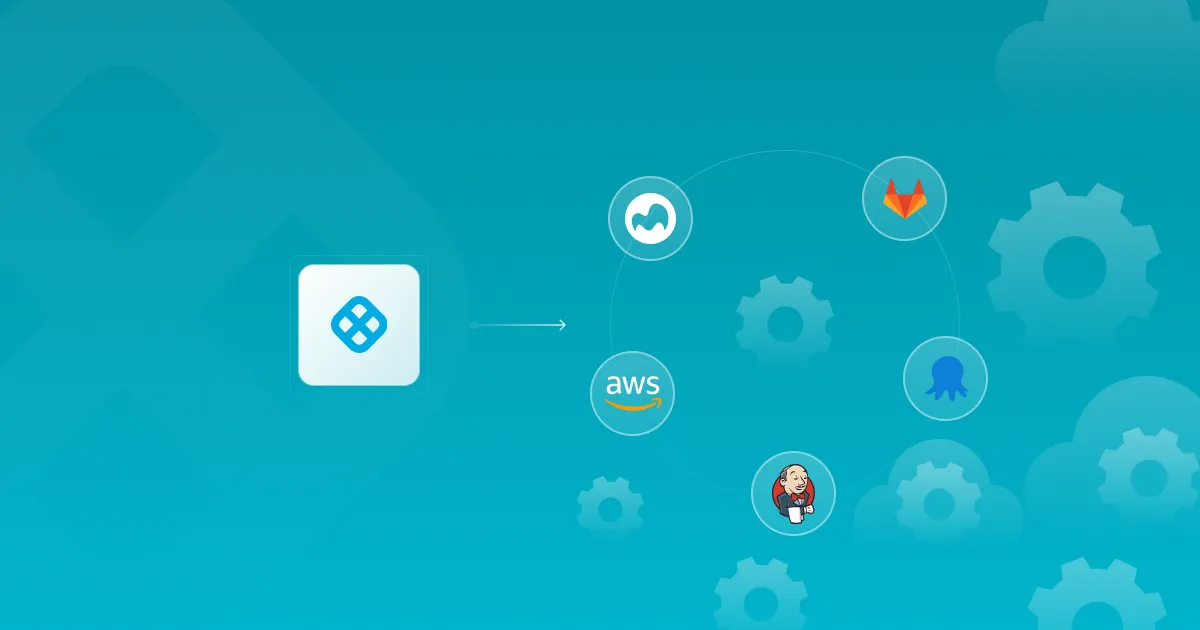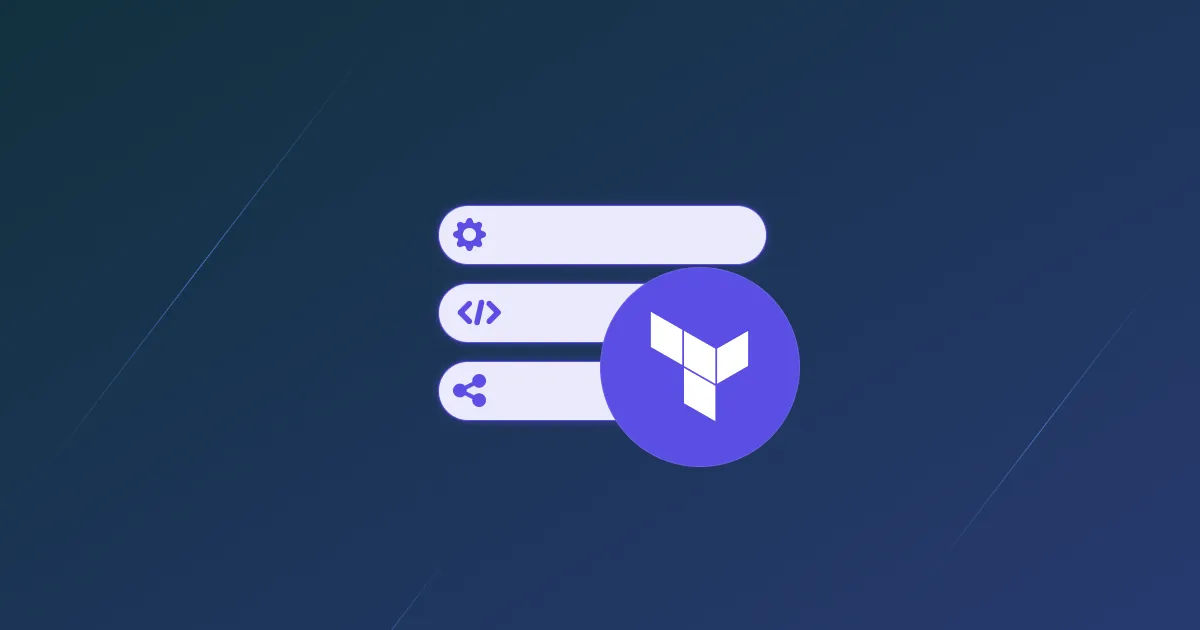AWS vs GCP: Which Cloud Platform is Best for AI?

When it comes to artificial intelligence (AI), the AWS vs GCP debate plays a crucial role in how businesses plan their AI strategies. Amazon Web Services (AWS) and Google Cloud Platform (GCP) are the two leading cloud providers offering powerful AI tools and services, but they approach AI development and deployment in distinct ways.
AWS stands out with its broad portfolio of AI services, ranging from machine learning models to natural language processing tools. Meanwhile, GCP leverages its deep expertise in machine learning and neural networks, offering advanced capabilities such as image and speech recognition, translation, and predictive analytics. Understanding the differences in the AWS vs GCP landscape helps organizations make informed decisions that align with their AI goals.
The Role of AI in Cloud Computing: Setting the Stage for AWS vs GCP
AI is revolutionizing cloud computing by enabling scalable infrastructure, sophisticated algorithms, and extensive data storage. Cloud platforms like AWS and GCP provide businesses of all sizes with the resources needed to build AI applications without large upfront investments.
As the AWS vs GCP competition heats up, both providers focus on making AI accessible through machine learning, natural language processing, and increasingly, generative AI capabilities. This competition accelerates innovation, offering a growing variety of tools designed to meet diverse AI needs.
AWS AI services and capabilities
In the AWS vs GCP discussion, AWS leads with a comprehensive suite of AI services focused on scalability and integration. A standout offering is AWS Bedrock, a managed service for building and scaling generative AI applications using foundation models from providers like Anthropic and AI21 Labs. This allows businesses to access and customize advanced AI models without managing infrastructure complexities.
Amazon SageMaker remains a core AWS AI tool, streamlining the development, training, and deployment of custom machine learning models. AWS also provides numerous pre-built AI services including:
- Amazon Rekognition for image and video analysis
- Amazon Comprehend for natural language processing
- Amazon Lex for conversational AI
- Amazon Polly for text-to-speech conversion
AWS’s strong ecosystem and ongoing innovation ensure it remains a dominant player.
GCP AI services and capabilities
GCP differentiates itself in the debate with its machine learning expertise and data analytics strengths. The AI Platform with Vertex AI offers a unified environment for developing, deploying, and managing machine learning models, supporting frameworks like TensorFlow, PyTorch, and scikit-learn.
GCP also provides powerful pre-built AI APIs:
- Cloud Vision API for image analysis
- Natural Language API for text understanding
- Speech-to-Text and Text-to-Speech for voice applications
GCP’s generative AI models, including Gemini, are integrated into Vertex AI, enabling businesses to build customized AI solutions quickly and efficiently. This focus on customization and ease of use makes GCP a strong contender.
Side-by-Side Comparison: AWS vs GCP AI Services
When comparing AWS and GCP, it becomes clear that both platforms have unique strengths and capabilities in the realm of artificial intelligence. AWS, with its extensive portfolio of services, offers a comprehensive approach to AI development. Its strong emphasis on scalability and integration makes it an attractive option for organizations looking to build complex AI applications.
Pricing and Cost Insights in AWS vs GCP
When it comes to pricing, both AWS and GCP employ a pay-as-you-go model, but the specifics can vary significantly depending on the services utilized. AWS pricing is based on several factors, including the type of service, the amount of data processed, and the duration of usage. For example, while SageMaker has a straightforward pricing structure, additional costs may arise from data storage and transfer, which can impact overall expenses. Organizations need to carefully estimate their workloads to avoid unexpected costs and optimize their budgets effectively.
On the other hand, GCP offers competitive pricing for its AI services, often providing discounts for sustained usage. The pricing for services like the AI Platform or AutoML can vary based on the complexity of the models and the computational resources required for training and deploying them. GCP also has a unique billing feature called "committed use contracts," which allows organizations to reserve resources at a reduced rate for a longer period. This flexibility can be beneficial for businesses with predictable workloads, allowing them to manage costs effectively.
Important Considerations:
- Hidden Costs: Be mindful of potential hidden costs, such as data transfer fees, network egress charges, and support costs.
- ROI Analysis: Conduct a thorough ROI analysis to justify AI investments. Consider the potential revenue increases, cost savings, and improved efficiency that AI can deliver.
- Long-term Planning: Factor in long-term costs, including ongoing maintenance, model updates, and potential infrastructure upgrades.
Security and Compliance
Both AWS and GCP prioritize security, offering extensive compliance certifications and a wide range of protective features to meet the needs of businesses operating in regulated industries.
AWS provides granular Identity and Access Management (IAM) controls, allowing organizations to define detailed user permissions and manage access efficiently. It also offers robust encryption options for data at rest and in transit, ensuring that sensitive information remains protected throughout its lifecycle. Additionally, AWS supports private networking through services like Virtual Private Cloud (VPC), giving businesses more control over their network architecture and security configurations.
GCP, on the other hand, ensures data protection with equally strong security measures. Its compliance frameworks cover a broad spectrum of international standards, making it suitable for global enterprises with strict regulatory requirements. GCP also emphasizes secure AI deployment, offering protected endpoints for AI models and integrated security monitoring to detect potential threats proactively.
For businesses handling sensitive data, such as healthcare records, financial information, or intellectual property, security considerations are a critical part of the choice. Evaluating each platform’s security tools, compliance certifications, and data governance features is essential to minimize risks and maintain trust with customers and stakeholders.
Tips for Making the Decision
Choosing the right cloud platform for your AI projects requires careful analysis of your goals, team expertise, and long-term needs; the following tips will help guide you through this decision-making process.
Define Project Goals
Start by clearly identifying the AI functionalities your project requires. Do you need computer vision for image analysis, natural language processing for text understanding, generative AI for content creation, or a combination of these? Mapping out your goals will help you evaluate which platform offers the services that align best with your objectives. AWS and GCP have overlapping capabilities, but understanding your priorities ensures you choose the provider that supports your specific AI use cases most effectively.
Evaluate Existing Tools and Expertise
Assess your team's current skills and experience with cloud and AI tools. If your team already works extensively with TensorFlow and prefers open-source frameworks, GCP may be easier to integrate into your workflows due to its native TensorFlow support and data analytics strengths. Conversely, if your organization uses a wide variety of AI tools, relies heavily on scalable infrastructure, or has broader cloud deployments with AWS, leveraging AWS's extensive AI suite may provide smoother integration and operational efficiency.
Run Pilot Projects
Before fully committing, consider running small-scale pilot projects on both AWS and GCP. These pilots allow you to test how each platform performs under your typical workloads, assess their ease of use, compare AI service outputs, and understand operational considerations like deployment speed and maintenance requirements. Insights gained during these pilots will guide your final decision with real performance data rather than assumptions.
Estimate Potential Cost
Use the pricing calculators offered by both AWS and GCP to estimate costs for your planned workloads. Factor in compute time, storage, data transfer, and AI-specific services like SageMaker, Bedrock, Vertex AI, or AutoML. For reference: AWS Pricing Calculator and Google Cloud Pricing Calculator. Accurate cost estimation prevents budget overruns and ensures the chosen platform remains financially viable as your AI workloads scale.
Consider Long-Term Needs
Think beyond the initial deployment. Evaluate each platform’s capabilities for future scalability, integration with your existing ecosystem, and support for new AI innovations as they emerge. For example, consider how each provider invests in generative AI and automation tools, as well as their regional data centers if global expansion is planned. Choosing a platform that aligns with your long-term business and technology strategies will ensure your AI initiatives remain adaptable and competitive.
Leveraging Microtica to Maximize AWS vs GCP Investments
Microtica is a DevOps automation platform that simplifies the deployment and management of cloud infrastructure across providers like AWS and GCP. For organizations building AI solutions, Microtica offers ready-to-use infrastructure templates, streamlined CI/CD pipelines, and Kubernetes deployment to accelerate development and reduce operational complexity. Its AI-powered tools help teams deploy applications faster, optimize cloud resources, and maintain cost efficiency without sacrificing security. By integrating Microtica into your workflows, you can focus on delivering AI-driven value while the platform handles underlying infrastructure provisioning and management. This makes Microtica a practical choice for businesses aiming to maximize the benefits of AWS or GCP while maintaining flexibility and control over their cloud environments.
Conclusion
The AWS vs GCP decision comes down to matching your AI needs with platform strengths. AWS excels in scalability, diverse services, and ecosystem depth, while GCP leads in deep learning expertise, customization, and seamless Google integration.
Cloud AI evolves fast. Consider tools like Microtica to streamline AI workload deployment across both clouds, reducing infrastructure management and accelerating your AI initiatives.
Choosing between AWS and GCP is just the start—leveraging the right tools and strategies will help your organization thrive in the AI-driven future.
Subscribe to receive the latest blog posts to your inbox every week.
*By subscribing you agree to with our Privacy Policy.

Relevant Posts



